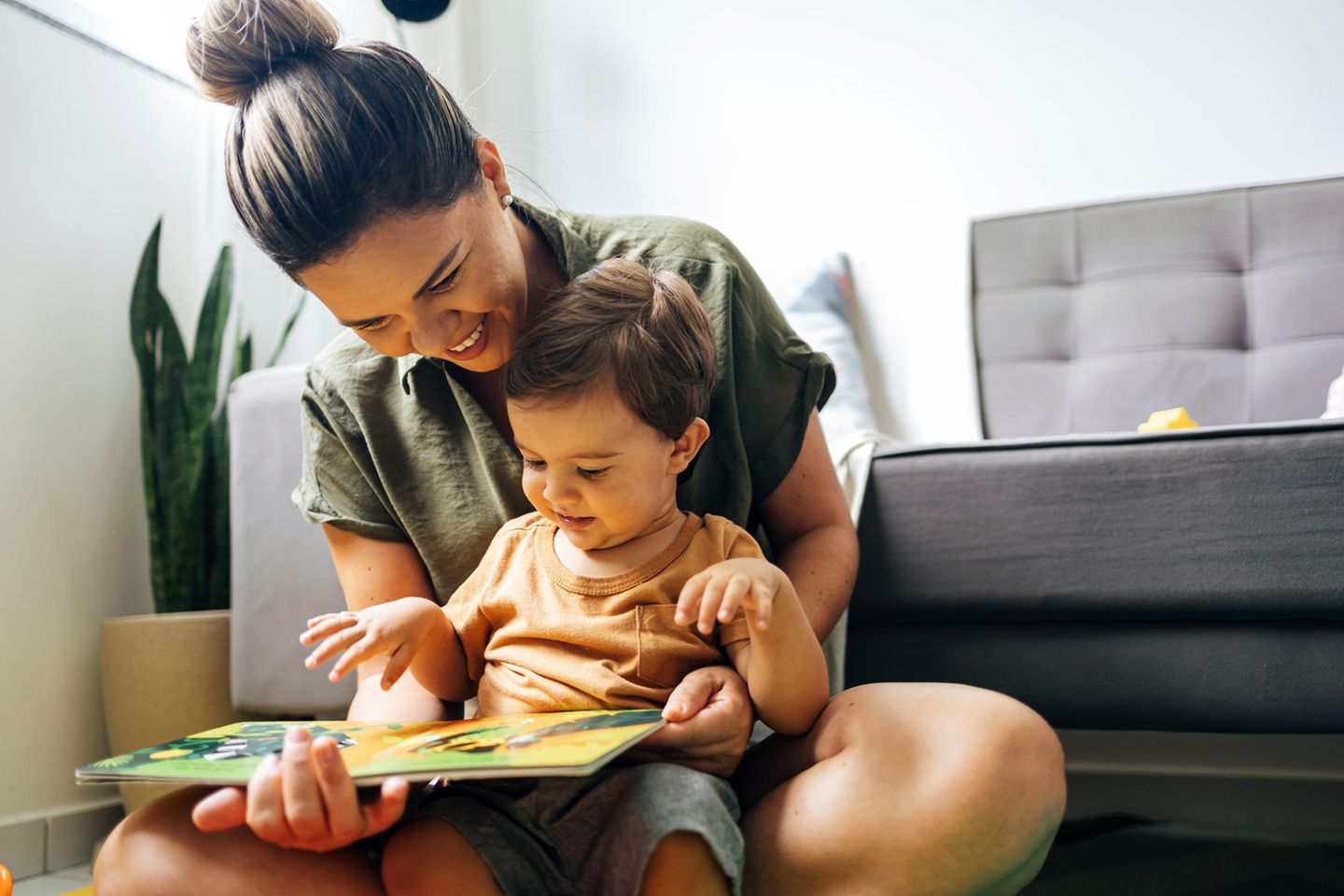psychology
What your desire to have children can say about your personality
© kleberpicui / Adobe Stock
Whether people want children or not is a very personal question. According to a new study, the desire to have children can apparently also be influenced by certain character traits.
Just a few decades ago, starting a family and having children of your own was undoubtedly part of life. Whether actually a The desire to have children played a subordinate role – having children was a matter of course. Today that is changing in society, albeit slowly. People make the decision for or against children more consciously, they think more carefully about whether they really want to be parents or whether they simply want to conform to the social norm by starting a family.
Study on the desire to have children and character traits
But are there certain personality types that choose to have children more often than others? The Max Planck Institute for Demographic Research has investigated precisely this question. The team around Steffen Peters has for a Study published in the specialist magazine “Genus”.Evaluating data from the Socio-Economic Panel (SOEP), one of the largest representative household surveys in Germany.
The researchers used the so-called five-factor model, which measures the five personality traits of empathy, conscientiousness, extroversion, neuroticism and open-mindedness. In its analysis, Steffen Peters and his team found that there is a slightly positive correlation between empathy and the likelihood of having a child. Conscientiousness, open-mindedness, and neuroticism, on the other hand, are not significantly associated with the probability of having a child.
Desire to have children and extroversion
The researchers made exciting discoveries about extroversion. The trait describes the personality spectrum, whether someone likes to spend a lot of time with others and often has no problem being the center of attention, or whether someone gets energy from spending time alone and prefers to stay in the background – i.e. is more introverted. According to the survey results, men tended to be more extroverted after the birth of their first child, but significantly less extroverted after the birth of their second offspring.
For women, the researchers found no link between the likelihood of having children and their level of extroversion. Other studies had previously found in both women and men that a high degree of extroversion could apparently be related to a desire to have children. Most of these studies come from the Nordic countries, such as Sweden or Finland.
Attempts to explain the study results
Steffen Peters is looking for explanations for the results: He clearly sees the connection between the probability of having a first child and an extroverted personality: Those who are more sociable also increase the chance of meeting a potential partner and thus having a family found. At the same time, it could also be the case that introverts often do not feel up to the demands of being a parent.
According to Peters, those who decide to have a first child may find that the time with a baby and toddler does not meet their expectations. Social isolation in particular often leads to dissatisfaction, which can lead young parents to forego a second child.
Steffen Peters also points out that personality can still change in adult life. The birth of a child can be such a turning point that ensures that the manifestations of certain character traits shift.
So it’s not clear if certain character types are more likely to have children than others. But traits like empathy and extrovert can at least play a role in how we envision our life—and who we’d like to spend it with.
Sources used: mpg.de, swr.de, demogr.mpg.de
